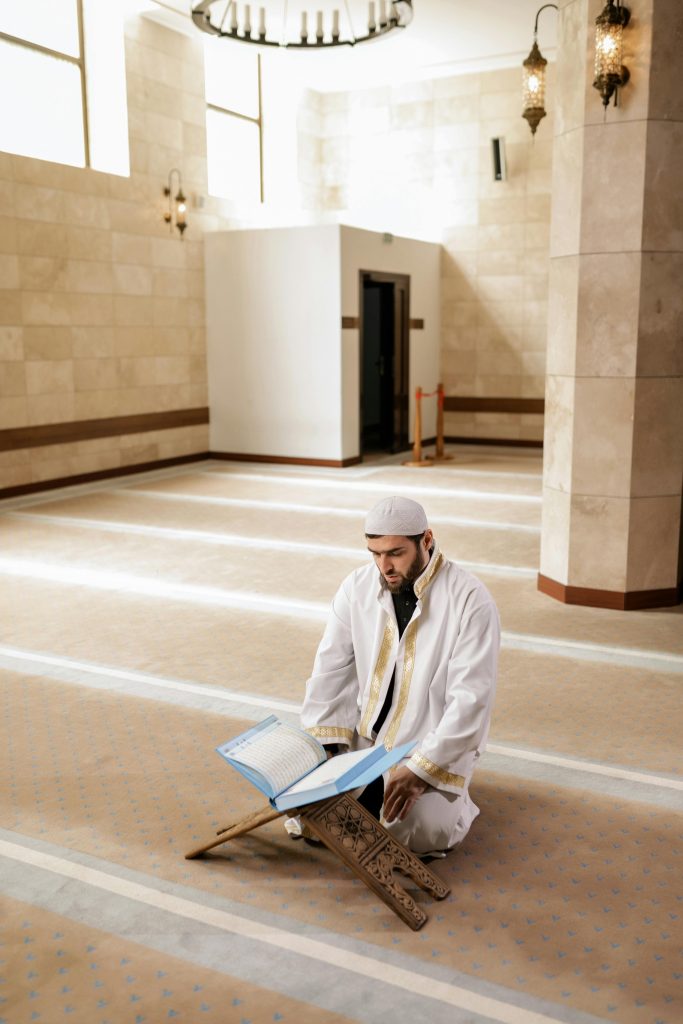
Exploring 500 Used Words in the Quran to unlock the wisdom
The Quran, regarded as the holy book of Islam, is a profound text that encompasses divine guidance, laws, and wisdom. Written in a poetic style and composed in Classical Arabic, the Quran not only serves as a spiritual guide but also showcases a rich tapestry of language and meaning. One intriguing way to engage with this sacred text is to delve into the 500 most frequently used words in the Quran. This exploration can provide insights into the central themes, values, and messages conveyed within its verses.
Understanding the Arabic Language of the Quran (Exploring 500 Used Words in the Quran)
Before we delve into the words themselves, it’s essential to understand a bit about the Arabic language in which the Quran is written. Classical Arabic, the language of the Quran, is distinct from contemporary Arabic dialects. It is a rich, complex language with deep grammatical rules and a vast vocabulary, allowing for multiple meanings and interpretations. Many words in the Quran carry layers of significance, making this exercise both fascinating and enlightening.
Why Focus on Words?
By focusing on individual words, we can uncover the foundational concepts upon which the Quran is built. Words such as “Allah” (God), “Rahma” (Mercy), and “Iman” (Faith) are not just common; they are central to Islamic belief and practice. Analyzing frequently used words helps us understand how central themes are woven throughout the text and provides a lens through which to examine our spiritual and ethical lives.
Key Themes Highlighted by Common Words
Here is a thematic exploration based on some frequently used words in the Quran:
1. Unity of God – “Allah”
The word “Allah,” mentioned over 2,500 times, is the cornerstone of Islamic belief. It signifies the oneness and uniqueness of God, emphasizing that He is the sole creator and sustainer of the universe. This foundational concept encourages believers to cultivate a sense of responsibility and stewardship over creation, acknowledging their dependence on the Divine.
2. Guidance – “Huda” (Guidance)
The term “Huda” is used frequently, underscoring the Quran’s role as a guide for humanity. It signifies the importance of seeking direction in both personal and communal aspects of life. Believers are not only encouraged to seek guidance from the Quran but also to embody it in their daily lives.
3. Mercy – “Rahma” (Mercy)
The concept of “Rahma” is prevalent throughout the Quran, highlighting God’s compassion and mercy. This word serves as a reminder of the importance of mercy in human interactions. It calls for kindness, forgiveness, and empathy towards others, reinforcing core Islamic values.
4. Faith – “Iman” (Faith)
“Iman,” or faith, appears regularly, illustrating its critical role in a believer’s life. Faith portrayed as both a belief system and a practice that includes trust in God and adherence to His commands.
The Quran emphasizes that true faith reflected in one’s actions and moral conduct.
5. Justice – “Adl” (Justice)
Justice is a recurrent theme, represented by the word “Adl.” It portrays as an essential principle in Islamic teachings. The Quran calls for fairness and equity in social, economic, and personal matters, urging believers to uphold justice in their dealings with others.
6. Community – “Ummah” (Community)
The word “Ummah” signifies community—a vital aspect of the Islamic ethos. The Quran encourages believers to work together, support one another, and cultivate a sense of belonging and collective responsibility. This collective spirit fosters a supportive environment for spiritual and personal growth.
7. Rememberance – “Dhikr” (Remembrance)of 500 Used Words in the Quran
“Dhikr,” or remembrance of God, mention highlighting the spiritual practice that connects believers with their Creator. This concept emphasizes the importance of mindfulness, reflection, and gratitude in daily life.
Conclusion of exploring 500 Used Words in the Quran
Exploring the 500 most used words in the Quran reveals a profound depth of meaning embedded within the text. Each word carries the potential for reflection and insight, guiding believers toward a more profound understanding of their faith and its applications in everyday life. By engaging with these words, we can cultivate a deeper appreciation for the Quran’s message and its relevance in a modern context.
As you embark on your journey through the Quran, consider reflecting on these key themes and how they resonate in your life. The words of the Quran are not merely terms; they are gateways to spiritual growth, ethical living, and a profound connection to the Divine. make our children memorize Quran is so good embark on this blog to help your children: Fostering a Love for Quran Memorization in Children (arabyplus.net)







